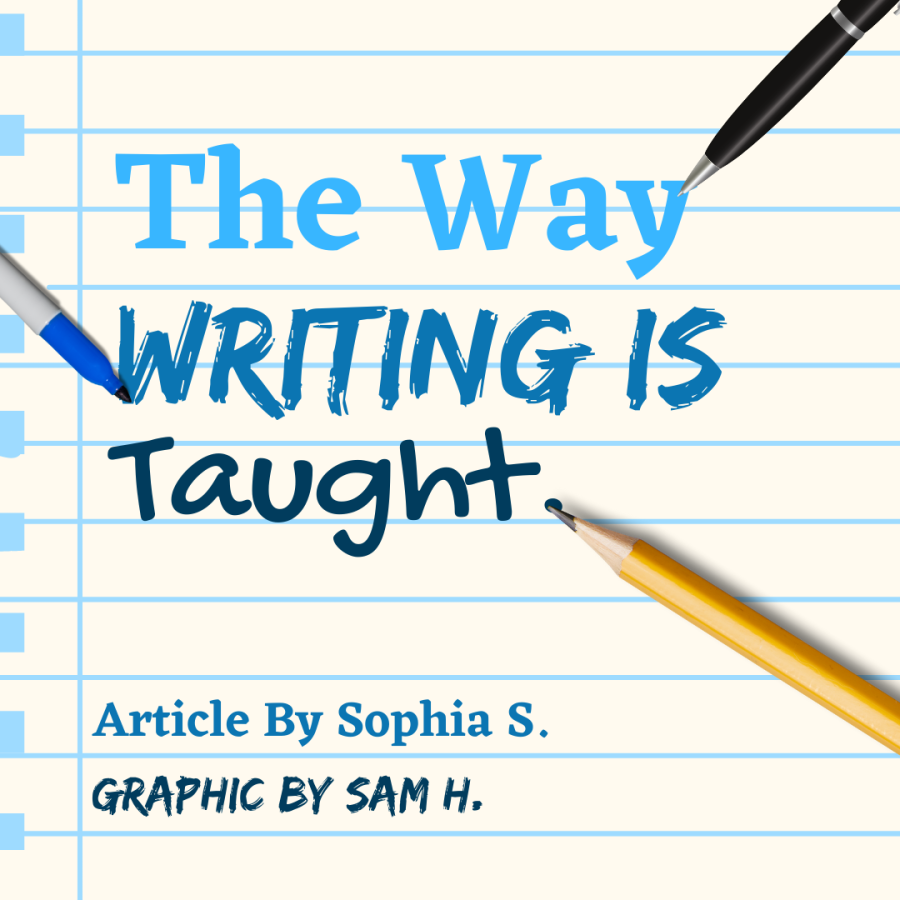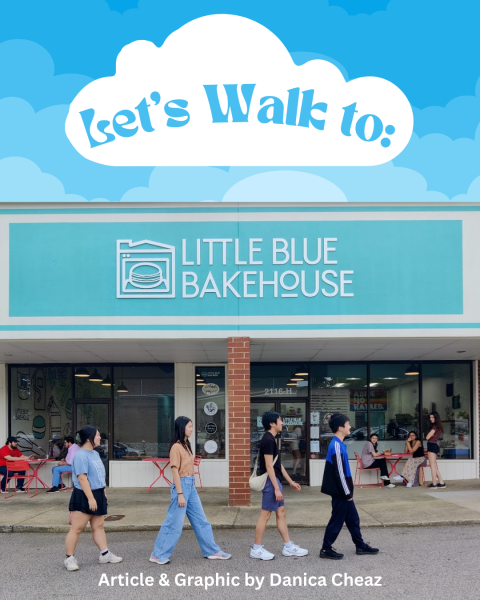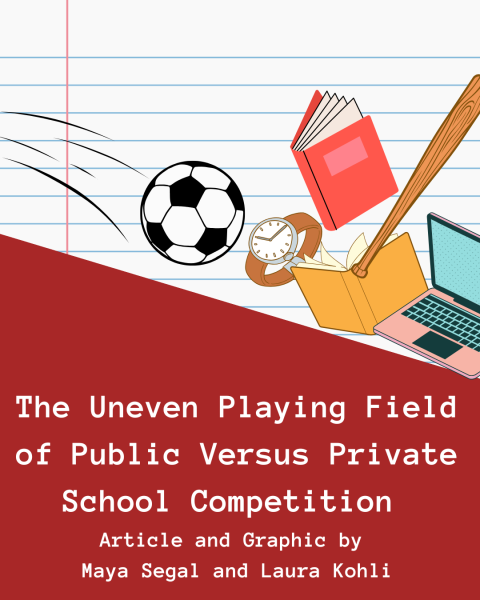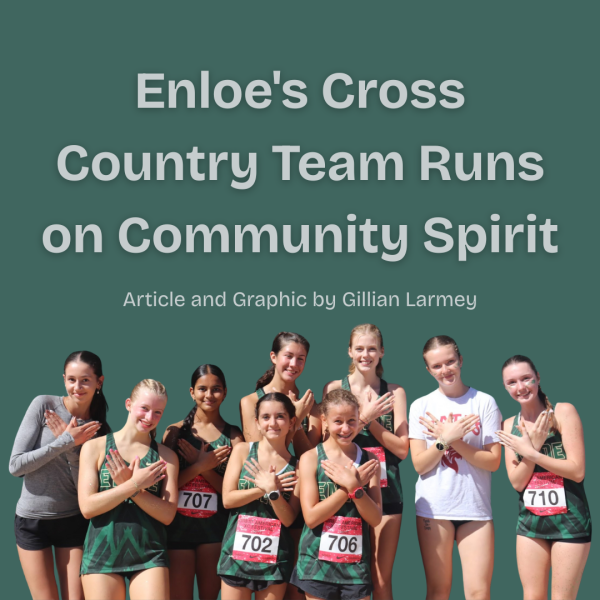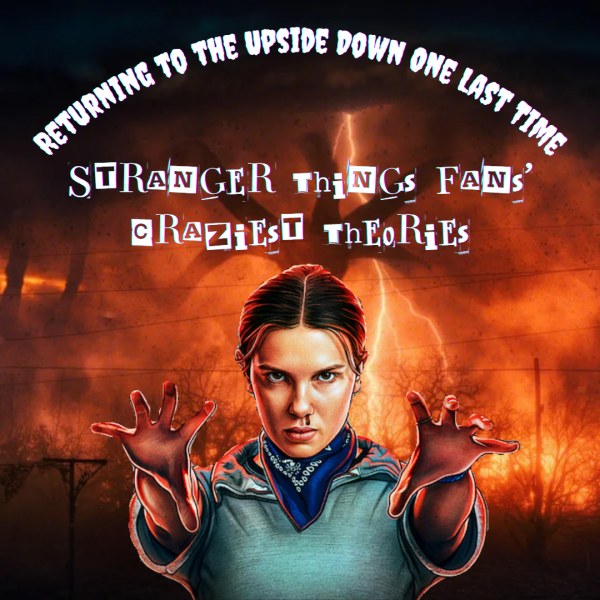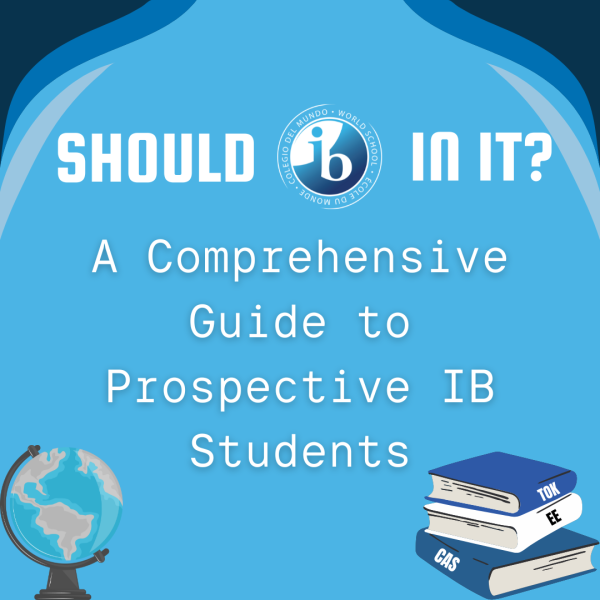The Way Writing is Taught
Have you ever gone through a year when you didn’t write an argumentative essay? Or maybe you only wrote one or two? Don’t strain your brain. You haven’t. North Carolina, specifically, teaches writing in a way of debates and arguments only. Even the way we learn persuasive writing is argumentative.
In North Carolina’s English Writing Curriculum, every grade’s summary of the writing curriculum, from first to twelfth grade, starts with the same sentence: “To be college and career ready, students should learn how to offer and support opinions/arguments, demonstrate understanding of a topic under study, and convey real and/or imagined experiences.” So besides argumentative writing, the only other writing focused on is creative writing. Even creative writing is rare in required English classes. Once students get to their junior year of high school, many of them take Advanced Placement (AP) English classes which also primarily encourage and teach argumentative writing. The AP Language & Composition curriculum teaches writing as “an evidence-based argument” and in the class students will “learn about the elements of argument and composition.” We learn about the other types of writing such as persuasive essays and informative essays, but how often do we consistently write that way in school? Not often at all.
In English classes and the professional writing community, the correct and “smart” way of writing is in the voice of those who’ve had power in their voices the longest: white men. A lot of men have an easier time in school and in the professional world when it comes to getting their writing taken seriously. Not only because of the way they may write, but also because of the fact that they’re men and their voices are trusted more. Not everyone writes in the voice that is taken the most seriously. The spoken word, “Like, Totally Whatever,” by Melissa Lozada-Oliva speaks on how the white man’s voice has been declared as the one to listen to, invalidating everyone else’s voices that are different in any way. She says:
Declarative sentences, so-called,
because they declared themselves to be the loudest, most truest,
most taking up the most space,
most totally white man sentences.
“Like, Totally Whatever” is specifically about women in the face of “smart” writing and speaking in a society that only listens to the male voice. Take that same context and replace “like,” “ums,” and “ya knows” with African American Vernacular English (AAVE), or any way of talking specifically to a minority, and it’s still very much accurate. People of color writing about their own stories in their own voices is seen as “too much” because of what may be included and who is seen as the “villain” in the story. It’s sometimes “too serious,” no matter what voice it’s written in and yet sometimes “not serious enough.” When people of color write their stories in a white man’s voice it is seen as “not authentic enough.” Not only are we, as students, constantly learning how to argue, but we’re limited to arguing in the white man’s voice. Are schools really shaping us into our own people when we can’t even write with our own voices?
With all that said, I understand that what is written is an argumentative piece about how North Carolina schools only teach argumentative writing in the declared voice of a white man. That’s exactly my point. I’ve been taught to write mostly argumentative essays so now that I want to voice my opinion, I’m doing exactly as I was taught. The North Carolina English curriculum should expand the types of writing. It should not only encourage more versatile writing skills in students, but also discourage the idea that “smart” writing is in the white man’s voice.
Your donation will support the student journalists of Enloe Magnet High School, allowing us to cover our annual website costs. We are extremely grateful for any contribution, big or small!
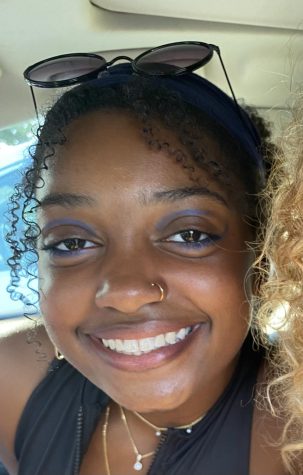
(she/her)
Sophia is a senior looking forward to being the Opinion editor for Eagle’s Eye. She spends a lot of her time dancing and reading. When she...


